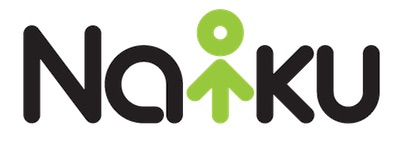
Welcome to this week’s edition of the Coach’s Corner. Today we are going to look at student expectations for learning. As teachers, we have heard countless times that we are to have high expectations for students. The idea is simple. If we expect students to perform at a certain level, they will more likely than not meet those expectations. But how do we measure how students understand our expectations? More than that, Hattie (2009, 2012) notes that one of the most important parameters for the influence of student success was not teacher expectations, but student expectations.
Student Expectation
Understanding and increasing student expectation is possible. In his research, Hattie outlined the path that helps create stronger student expectations:
Student Score Prediction: Allowing students to predict their score before they take the assessment teachers to find out what a student expects of themselves and then help them exceed those expectations. When students were able to accurately predict their level of achievement, students show greater growth.
Student Goals: Students create goals for their progress and then reflect on how they did on an assessment in comparison to their goals. Setting goals forces students to both take ownership of the learning and view the skills as in development. The naturally see a skill that they do not have as something they don’t have yet.
Student Confidence. Just like when students predict their overall score, asking students to state their confidence on individual questions continues to reinforce student ownership of questions at a cognitive level. Desoete (2009) saw that the use of confidence ratings used on a consistent basis allowed students to have higher meta-cognitive abilities, and better arithmetic skills.
The combination of these three aspects of an exam are often overlooked, but highly valuable to the success of students creating higher expectations for themselves, which is the underlying ability we hope they would gain anyway.
For more information of how to incorporate these three segments to create higher student expectations of themselves, to see how Naiku can help you incorporate these items, or if you have future suggestions for the Coach’s Corner, email us at support@naiku.net.

